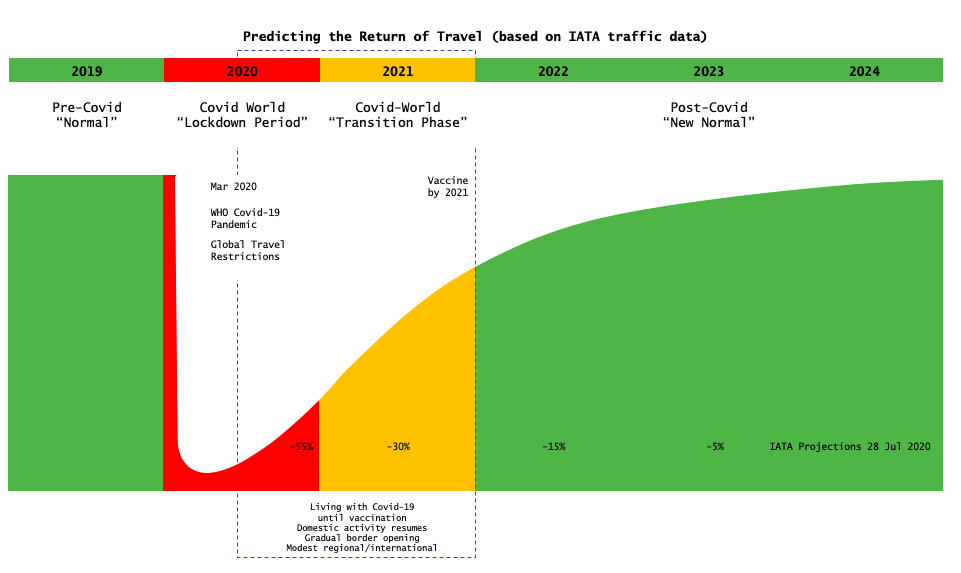 If you are thinking of organising a large-scale conference in China, but none of your colleagues have event management experience, hiring a PCO can be an option. I have gone through the process in the past, and it was rather painful. Below are a few questions you should ask yourself when you are in the market.
If you are thinking of organising a large-scale conference in China, but none of your colleagues have event management experience, hiring a PCO can be an option. I have gone through the process in the past, and it was rather painful. Below are a few questions you should ask yourself when you are in the market.
1 How expensive is it to hire a PCO?
In China, there are a number of agencies claiming that they provide PCO services. I have spoken to several of them and they have different fee structures. Some would charge a flat fee based on the estimated number of man-hours required against the scope of service. Some would simply take a commission off the client’s procurement needs, but the contract must include the venue, the F&B, and the delegates’ airfare and hotel accommodations.
Some would even partner with the organiser to share a percentage of the profit derived from the conference. There is really no one-size-fits-all model, but there is one thing you can expect regardless of the fee structure: It’s expensive, especially if the PCO knows that you have no experience in managing conferences in China.
2 Is it worthwhile spending the money on PCOs? Can the duties be performed by in-house staff, part-time employees, summer interns or automated systems?
Personally, I would prefer managing conferences using in-house staff resources because there is a better assurance that the experience, the network and the knowledge will stay with my team. As a client, I would rather spend the time in the inception, content development and marketing stages of the conference management cycle.
The rest of the logistic work can, in theory, be outsourced to the PCO. In practice, however, many PCOs in China would simply subcontract the work to other service providers who can do the job for less. Now you have to worry about whether the PCO has delivered the correct job brief and whether you would become vicariously liable for something that you don’t even know of.
If you are able to develop a strong list of suppliers locally, then I wonder how much value the PCO can bring to the table? Of all the years I have worked in China, I have yet come across a PCO who can help me develop content, manage the organising committee, propose the marketing plan, control the budget, and work out all the policies and procedures together with the operational logistics.
As for part-time and summer interns, my former boss used to describe them as “warm bodies that occupy space in the office”. I personally don’t agree to this statement, but you really need experienced full-time employees to do a good job. Automated systems can certainly help speed up processes, but you simply cannot outsource your event to a computer.
3 What qualities do you look for when selecting a PCO?
I was once the general manager of a medium-sized PCO in Hong Kong. I too used to subcontract a large portion of the work processes, such as design, production, printing and website development, commissioned by my clients. However, the value I was able to bring to the table was the professional account servicing, problem-solving capacity, experience in running conferences and industry connections with venues, suppliers, agencies, media and other event organisers.
These attributes are very difficult to quantity in terms of chargeable man-hours on the service agreement, but they are exactly what clients are looking for. They may not know how to articulate these items on the RFP, but an experienced in-house event manager should not award the PCO contract simply to the lowest bidder.
4 Can the PCO help us save money?
Let’s face it. PCOs are in the market to make money. Some of the bigger players in China have introduced the “group purchase” platform where they can help customers bargain for a lower price collectively.
Although it is possible to realise some savings, you can bet that the objective of your appointed PCO is not to help you, but rather take a commission off your purchases. Some travel agencies have even rebranded themselves as destination management companies with a PCO service.
Yes, some regional or global conferences would require the PCO to also help them with airline ticketing, hotels and local tours for the spouses, but this should really be an outsourced function. The PCO’s main focus should be to help the client manage the whole event from A to Z. If you must engage this type of service provider, I would strongly recommend that you personally pick an account manager who is also a properly trained event manager.
5 Why not pick one of the global agencies as the PCO?
Although I cannot represent all in-house event managers, I am pretty sure most of my peers are willing to pay a premium for quality service. Perhaps there is a market for the mass-production type PCO service for clients who have a busy calendar of events that are quite similar in nature. But for most corporate communication managers, we only organise a few conferences a year, and each has different requirements.
It does not make sense for us to keep a team of event management staff in different cities so there is really a genuine demand for quality PCOs, but they are unfortunately very hard to come by. The good ones are often fully booked throughout the year. They are usually the boutique-type agencies that focus on service quality with very little extra capacity for new clientele.
I hate to say this, but the ones who are responding to your RFPs are usually the bigger firms, and they are usually motivated by turnover and profitability. However, the smaller firms may depend on your jobs as a sustainable source of income so they are more likely to have a vested interest in helping you manage a successful conference.
Roy Ying is a senior corporate communications manager with a blue chip company



